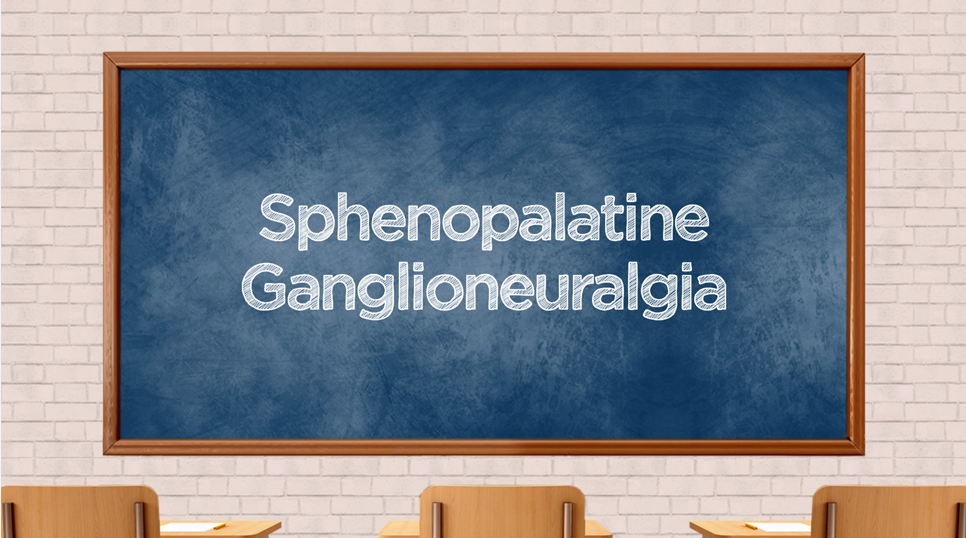It’s the best part of summer; drinking an ice-cold beverage, sipping on a Slurpee and running down the street to catch up with the ice cream truck.

It all tastes so good going down, but then… a shooting pain rushes through your brain. It’s called sphenopalatine ganglioneuralgia – better known as “brain freeze.”
It’s one of those unwanted sensations many of us hope to never get, but the reality is, they happen.
“It’s really a protective mechanism against extreme temperatures,” said Benedict Albensi, Professor at the University of Manitoba and Principal Investigator at St. Boniface Hospital Research.
“Brain freeze” doesn’t actually harm your brain, he said. Here’s how it works:
WATCH: The effects of a brain freeze on your body

When you ingest something cold and it hits the roof of your mouth, blood vessels and nerves in the mouth and jaw react, dropping in temperature. This includes the two main blood vessels at the base of the brain – the anterior cerebral artery and the internal carotid artery.
The sudden, but brief “cold shock” causes those two arteries to expand and contract. This movement triggers pain receptors in the outer covering of the brain, called the meninges. Then the pain sensation is transmitted through nearby nerves causing a so called “brain freeze.”
“There is a lot of similarity between migraine headaches, cluster headaches and what happens during the initial moments in a brain freeze,” Albensi said.
But is there a cure to this horrible headache? One option is to avoid cold food and drinks completely, but let’s be honest, most of us can’t give up ice cream forever. Experts told Global News there may be another instant solution.
Albensi said to try and reduce or eliminate a brain freeze one can take their tongue and press it against the roof of their mouth. He said this tends to work because of the warmth your tongue emits.
Another potential cure is to drink a warm glass of water, Albensi said.
Although these methods aren’t always guaranteed to stop the pain, the good news is a brain freeze has a temporary effect and usually only lasts about 30 seconds.

_k_TOR18HN1_tnb_2.jpg?w=1040&quality=70&strip=all)

Comments